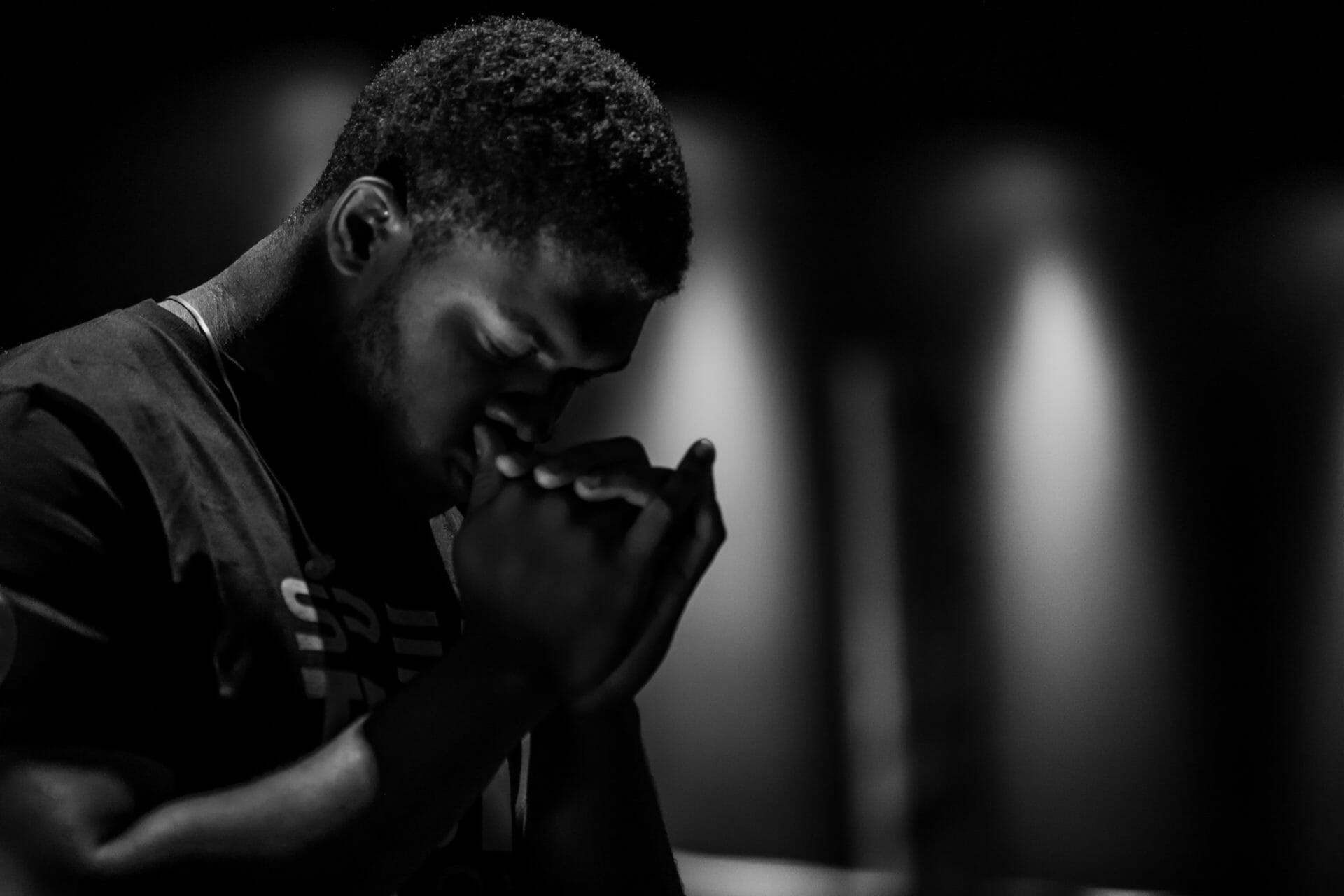
Photo by Jack Sharp on Unsplash
Mental health ministry—Beginning with worship
Rev. Megan Osborn Snell
April 13, 2021
When liturgy and worship become the work of the people, space for the sacred stories of those living with mental health conditions begin to have space in the collective experience. Isolation can break down and connection can be formed as people begin to understand the deep humanity of their neighbor in the pew. Remember that worship is a collective act, and the collective is only truly inclusive when all can participate in a meaningful way in the act of worship.
Liturgy is by definition the “work of the people” and yet it so often falls to the clergy or church staff to produce a worship experience that people can experience as little or as much as they desire as they sit in the pews. It is a rarer experience in our congregations in the mainline Protestant traditions to find a church in which the liturgy does indeed rest on the shoulders of the congregation. But, when such a congregation is found, the members of the community often take ownership of their faith in deeply vulnerable and expressive ways. The liturgy program at First Church Somerville, UCC in Somerville, MA, just outside of Boston is detailed in the book Standing Naked Before God by the Rev. Molly Phinney Baskette.[i] I trained as a Student Minister at First Church Somerville and experienced firsthand the powerful experience of a lay person confessing publicly, inviting people into their own stories with vulnerability and courage, offering assurance, and inviting people into grateful giving. This practice transforms the nature of communal worship altogether, from what can sometimes become a performative consumer product into a sacred space of honest growth and connection.
Worship can be a source of grounding and a way to remind ourselves of who we truly are, as individuals, as part of a larger group, and as beings made by God. Worship can reduce our self-focus as we consider God, creation, and others. Worship can help us to offload guilt, worry and anxiety—resolving it through the assurances of God’s grace.
Worship can be a healing and therapeutic experience for many who live with mental health conditions. It is also an opportunity to face reality and to exist for an hour in the liminal space of God interacting with our present time and space. The worship experience is also a time to invest in oneself and one’s own spiritual path and journey, through reflection, rest, breath, relationship to self, God, and others. Worship is a space to have as a spiritual safety net as the ups and downs of life roar on outside the sanctuary of worship.
When liturgy and worship become the work of the people, space for the sacred stories of those living with mental health conditions begin to have space in the collective experience. Isolation can break down and connection can be formed as people begin to understand the deep humanity of their neighbor in the pew. Remember that worship is a collective act, and the collective is only truly inclusive when all can participate in a meaningful way in the act of worship.
Beyond the creation of intentional worship liturgy opportunities and programs, many pastors still wonder how to actually foster welcoming and warm congregational cultures. Many local church ministers and lay leaders hope that their congregation is one in which human dignity is upheld and yet still struggle to alter the behavior of the church bully or the formation of various coffee hour cliques that exclude rather than include.
Pastors long to go to sleep at night knowing that their flock is being nurtured in mind, body, and spirit. If you are a minister or lay leader feeling overwhelmed by the idea of your church culture changing, know that you are not alone in that feeling. Breathe and rest. Reach out for help from congregations that are a few steps ahead of you. Take inventory of the good that is already happening in your community and build on that.
- Did your church book club recently read a book with a mental health theme? Build on that.
- Did you recently preach a sermon in which you mentioned that you have seen a therapist in your own life? Build on that.
Celebrate the small wins and build steadily towards the Kindom of God that we are all called into. Have courage and know that you are not alone in this work.
Begin with worship. Begin with:
- Preaching a sermon that talks about depression, anxiety, therapy, or medications.
- Praying for those living with mental health conditions.
- Inviting a local therapist to be your guest speaker during worship.
- Hosting a book study of an entry-level mental health text during coffee hour.
- Your own internalized stigma and your own life and story.
- Asking yourself where has mental health and illness been a part of our worship life so far and how can it be a part of our worship life moving forward?
Begin with worship.
Rev. Megan Osborn Snell is a clinical spiritual advisor at an inpatient drug and alcohol recovery center and previously pastored several United Church of Christ churches in the Boston metro area. She lives with chronic mental health conditions and writes, teaches, and preaches regularly on the topics of mental health, mental illness, and faith. She serves on the executive committee of the board of directors, UCC Mental Health Network.
The views expressed are those of the author and not necessarily those of American Baptist Home Mission Societies.
[i] Molly Phinney Baskette, Standing Naked before God: the Art of Public Confession (Cleveland: Pilgrim Press, 2015).


